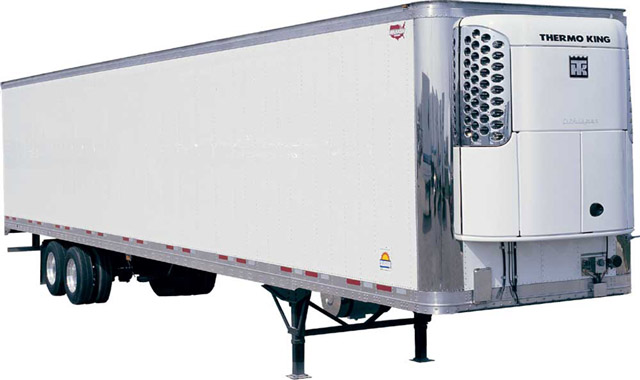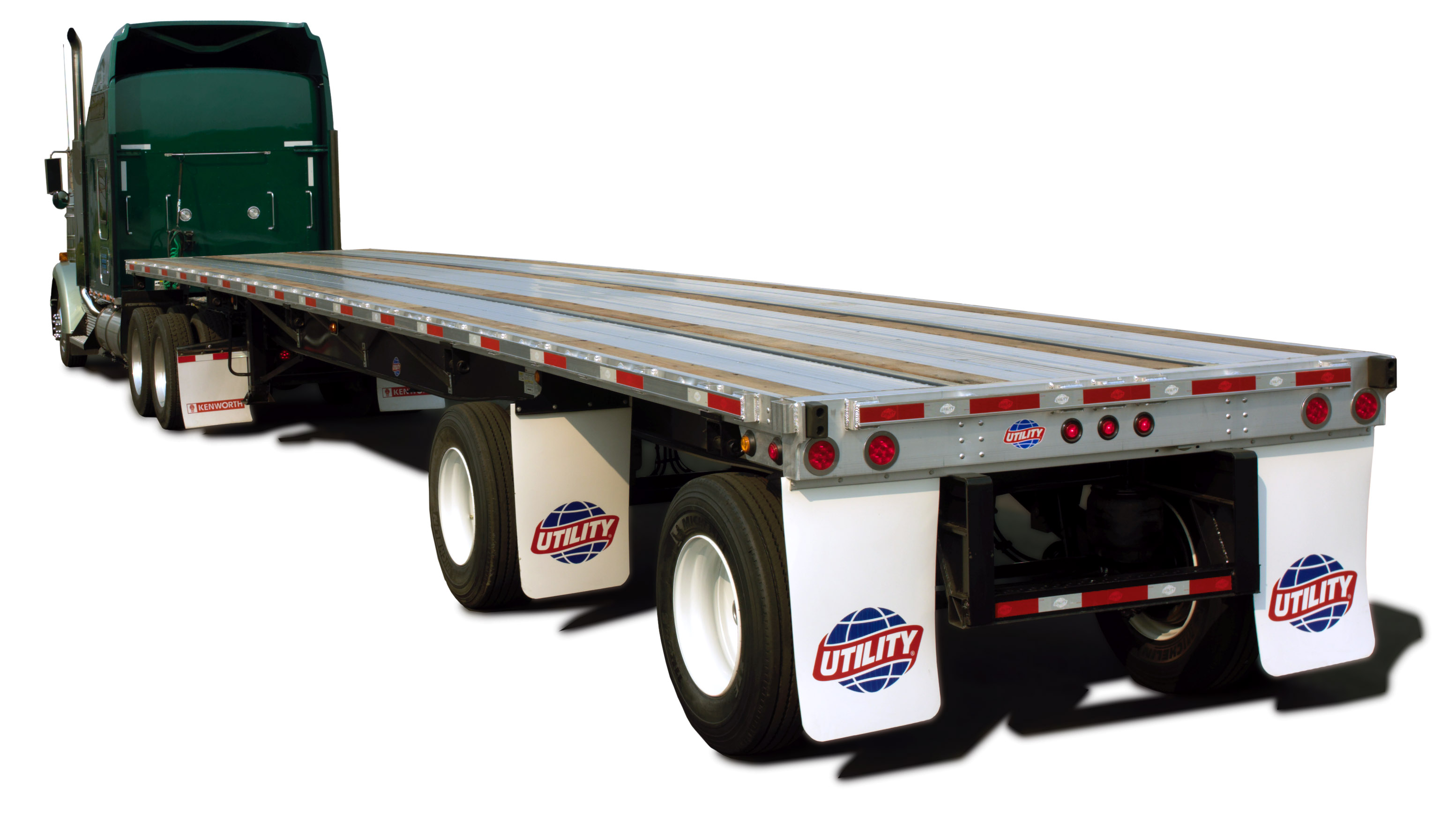Truckload shipping is the movement of large amounts of cargo, usually the amount necessary to fill an entire semi trailer. Unlike an LTL carrier who mixes freight from multiple shippers on each trailer, a truckload carrier most often contracts an entire trailer to a single shipper. One of the biggest advantages truckload carriers have compared to LTL carriers is that the freight is never offloaded, sorted, and re-loaded onto a different trailer for delivery. Each shipment stays on the same trailer from pickup to delivery. This greatly reduces the likelihood of damage to product shipped in transit.
Truckload shipments are much heavier than LTL shipments. They range from 10,000 to 45,000 depending on the product shipped.
Once picked up, a truckload shipment is delivered directly to the consignee/receiver.
The vast majority of truckload shipments are business to business, shipping a full trailer of goods to a residential location is extremely rare. Residential deliveries only take place when the residence is under construction.
Since the trailers do not stop terminals to be resorted from pickup to delivery, truckload shipping is much faster than less-than-truckload deliveries. For example, shipping four pallets of goods from Los Angeles to Atlanta might take an LTL carrier 5-6 days to deliver, where a full truckload shipment would arrive in 3-4 days.
Common Truckload Equipment
Dry Van
Dry Van trailers are the most common type of freight trailers used for over the road shipments. These trailers range in length from 26 to 53ft, but most trailers are either 48 or 53ft.
Refrigerated Trailer
Refrigerated Trailers are very similar to dry van trailers, however, these trailers have a refrigeration unit attached that control the temperature of the trailer. The temperature inside of each trailer can be maintained at any temperature between -20 degrees and 70 degrees to meet the requirements of the product being shipped. It is more common for these trailers to be used to keep perishable foods frozen or cooled, but are also used to protect certain items from freezing.
Flatbed Trailers
Flatbed Trailers are another commonly used type of equipment in the transportation industry. Flatbed trailers are used to deliver products like pipe, steel, lumber, heavy equipment, and any other item that would be difficult to load into the back of a trailer. Flatbeds are more versatile than dry vans because they can be loaded from anywhere on the trailer.
Click here to see the different flatbed trailers available for truckload shipping.
What can be shipped?
Truckload carriers are not as strict on the specifics of each commodity shipped. Freight classes and dimensional weights are not factors in the cost of the shipment, but still require an accurate commodity description.
Truckload Pricing
Truckload pricing differs from less-than-truckload pricing in that rates change based on supply and demand/capacity, fuel prices, seasonality, and origin and destination cities.
Supply and Demand or “Capacity”
When there is a surplus of trucks in the city that a load is picking up from and the ratio of available trucks to available loads is 5:1, the cost of moving that shipment will be much less than picking up from a city where the ratio of trucks to available loads is 1:5. When the number of trucks outweighs the number of shipments to move, the carrier will take a lower price to move that load out of the area, and keep their truck on the road. Trucking companies remain profitable by keeping their trucks moving, and lose money when a truck has to layover for a day or more. Conversely, carriers will charge more to move that same load when the number of available trucks is far less than the number of available loads.
Fuel Prices
Truckload shipping costs are separated into two line items when the carrier provides you with a rate to move any particular load. These two line items are base rate, or linehaul, and fuel surcharge. The base rate for moving a truckload from Los Angeles to Atlanta may remain stable year round at $2000, however the fuel surcharge may vary from $500-$800. This would make the total cost of shipping range from $2500 to $2800 based on the time of year a shipper is moving this particular load.
You can check the most up to date fuel prices by visiting the U.S. Environmental Information Agency, or by clicking here.
Seasonality
Supply and demand is tied heavily to the season that a shipment is moving in. One example of this would be shipping in and out of Florida. Orange production is the primary source of GDP in Florida, and the cost to move truckloads out of Florida is much higher in the springtime than it is throughout the rest of the year. This is because the ratio of available trucks to available loads is balanced. For the rest of the year, there are more trucks than there are loads to move. This causes the price to ship inbound to Florida increase because the carrier will not be able to charge much for their next pickup leaving the state.
Originating and Destination Cities
Also tied to supply and demand, the originating an destination cities play a major role in the cost to move a truck. If a delivery needs to be made in a small town with little industry, the carrier will charge you more to deliver because the truck will likely need to travel empty, or “dead head” to a more populated location to make the next pickup. These empty miles come at a cost to the carrier, and they will look to you to cover this added cost of moving an empty trailer.
Information Needed for Accurate Truckload Rates
To get accurate pricing for your truckload shipment, the carrier will ask for:
- Type of equipment needed
- Origin and destination cities and zip codes
- Pickup and delivery times
- Weight of shipment
- Product being shipped
Here are a few tools that are crucial to estimating shipping costs, and gaining visibility to the latest capacity trends, and available trucks.
You can find more information about these services, and every other tool you’ll need to be a successful freight broker on our Resources Page
[adToAppearHere]



